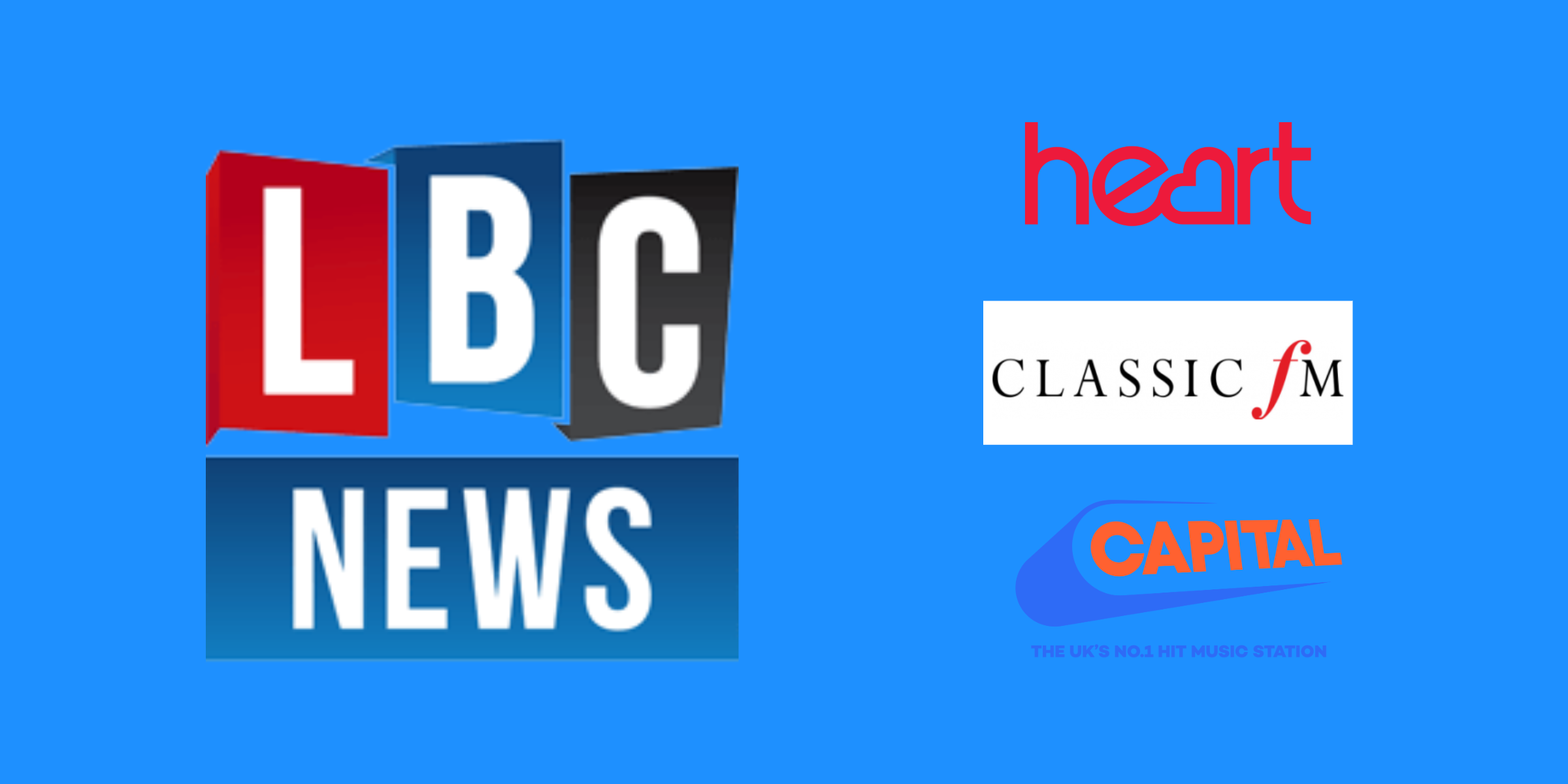BBC Radio 1’s continuous strategy to focus on its younger audience exclusively, is proving a success. The station made a conscious effort back in 2015 to focus on its key, younger audience of 15-29-year-olds and in their own words to “ play the best new music and support emerging talent.”
The remit of Radio 1 is to entertain and engage a broad range of young listeners with a distinctive mix of contemporary music and speech. Radio 1’s target audience is 15-29 year olds and it should also provide some programming for younger teenagers.
As well as being home to the UK’s official Chart, the Essential Mix and Radio 1’s Live Lounge they have a stellar line up of DJ’s including Greg James and Rickie, Melvin and Charlie who joined from Kiss FM.

Who listens to BBC Radio 1
Latest industry figures suggest there is still an appetite amongst their key audience for radio but how it is being consumed has changed with the majority listening via their smart phone or smart device to the BBC Sounds App or DAB
Latest figures for BBC Radio 1 show the station had 8.62m listeners aged 10+ and the Radio 1 Breakfast Show with Greg James (Mon-Fri) had 4.65m 10+ listeners.
The station provides the soundtrack to a wide variety of summer festivals for its audience, alongside their annual Ibiza shows.
But it is a big challenge to hold onto their target audience of young listeners – and attract new ones – in a digital age.
At first glance it may seem very odd to make an effort to scare off listeners over the age of 30 – or any listeners for that matter – but it is a good example of BBC Radio 1 knowing their target audience and being single minded in focusing on attracting that audience.
What sort of stories does BBC Radio 1 want
The station is ruthless too when it comes to news stories and how they treat them. They want very specific stories that will be of interest to 15–29 year olds, the BBC Radio 1 target audience.
This is one of the advantages of the BBC; it targets a wide range of audiences. Having niche stations for different ages and different interests is what makes paying our license fee more palatable.
We know as a Broadcast PR agency that BBC Radio 1 will only take stories that affect under 30s. Targeting youngsters, both through interaction, engagement and interest is what the BBC Radio 1 controller Aled Haydn Jones says is the station’s mission.
He’s instigated initiatives like Radio 1’s Christmas presenter Takeover launched in 2019 to provide a valuable springboard for emerging presenters working to carve out careers in national radio, with many of the guests presenters going on to achieve major successes across the industry. To date, eight of the former guest presenters have landed permanent slots on Radio 1, most recently with Dean McCullough and Vicky Hawkesworth – from the 2020 search – being announced as the new presenters of the iconic afternoon 1pm – 3.30pm show.
Doing something different
Christmas day also sounded a bit different with a TikTok take over ! 11 TikTok sensations from the worlds of comedy, entertainment and music took part.
Radio 1’s news show is Newsbeat . The programme is produced by BBC News but differs from the BBC’s other news programmes in its remit to provide news tailored for young people. The fifteen-minute Newsbeat programme is broadcast at 12:45 and 17:45 during the week on Radio 1, 1Xtra and Asian Network.
They’re not afraid to tackle the issues of the day and approach the big guests! Last year (2022) The Prince and Princess of Wales took over BBC Newsbeat to present a mental health special to mark World Mental Health day.
The royals became reporters, visiting Radio 1’s Live Lounge to hear the experiences of four guests. They spoke about the importance of opening up and building a “toolbox” to help you deal with unexpected obstacles in your personal life.
So how do you get a PR story on Radio 1 these days?
Don’t just send across any broadcast PR story. Sending less stories of a high quality is more beneficial and likely to be noticed than sending all your broadcast PR stories. If you start hounding them with inappropriate content then they will probably disregard all stories you send, even ones that actually suit their audience
Quality over quantity
Don’t just send across any broadcast PR story. Sending less stories of a high quality is more beneficial and likely to be noticed than sending all your broadcast PR stories. If you start hounding them with inappropriate content then they will probably disregard all stories you send, even ones that actually suit the BBC Radio 1 Newsbeat target audience.
Their audience is diverse -but with an overarching brief to provide inspiring and thought-provoking stories from young people across the UK from money to music, blogging to body image, science to spirituality.
Targeting a young audience

(Image courtesy of BBC)
The focus on radio stats seems to be on regional breakdown, but when targeting Radio 1, make sure that there is an age breakdown too. The main headline should focus solely on the 15-29 year age category and what stands out for them compared to other age groups.
BBCs love a case study that brings the human element of the story to life, but make sure when targeting BBC Radio 1 that you have younger case studies available and don’t even think about offering them a case study older than 35.
Who does your client want to reach?
First of all, find out who exactly the client you are representing is targeting? If it’s a certain age range away from younger people, then BBC Radio 1 may not be your focus and the stats may not represent BBC Radio 1’s target demographic. However, this does not mean that you should totally disregard BBC Radio 1 especially if your story is less age focused. If you check the raw data, there is usually a 18-34 category so you may be able to alter your headline and angle of the story to focus on this group, thereby tweaking your broadcast release to make it more attractive to Radio 1.
Radio 1 will continue to offer a range of new music, support emerging artists – especially those from the UK – and provide a platform for live music. We think that there will always be an appetite for a station that covers areas of relevance to young adults. News, documentaries and advice campaigns in particular could be an outlet for PR generated content.
Do you have a client wanting coverage on BBC Radio 1? Got any questions? Give us a call on 020 7240 7373. Or email hello@shoutcommunications.co.uk



